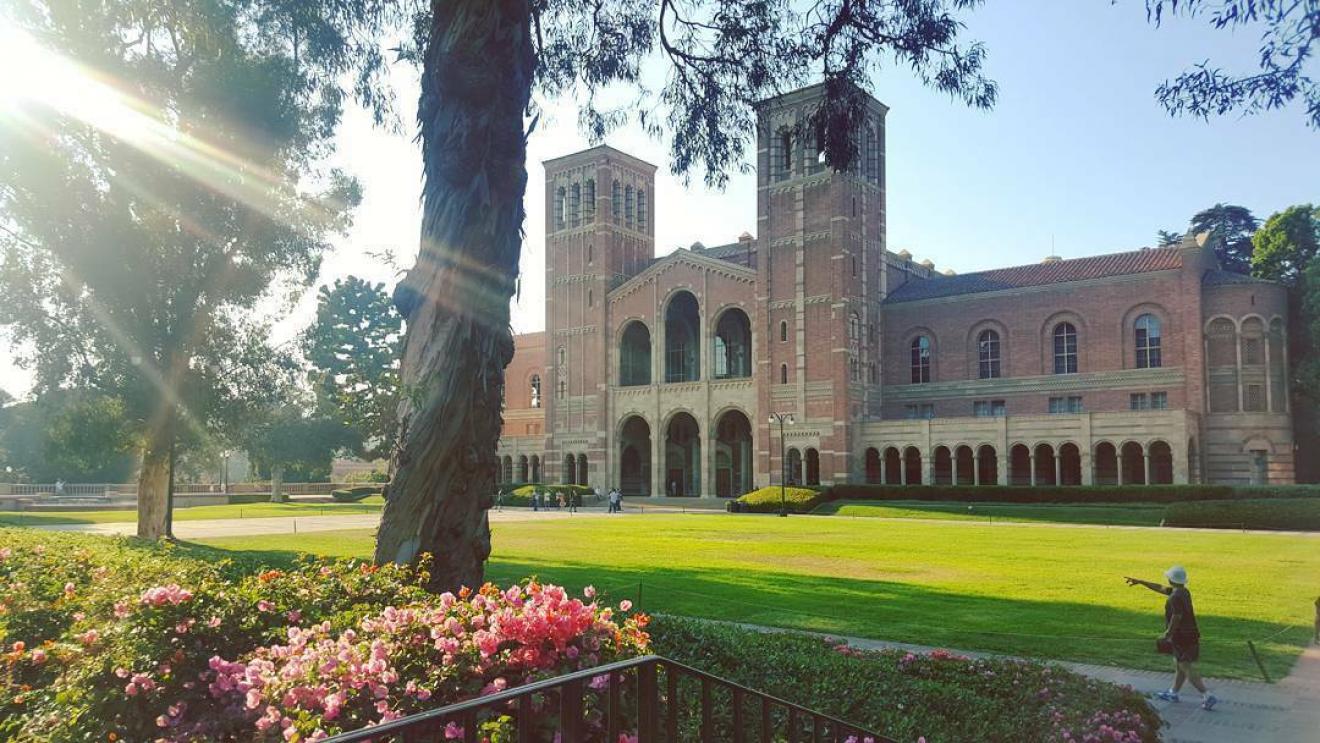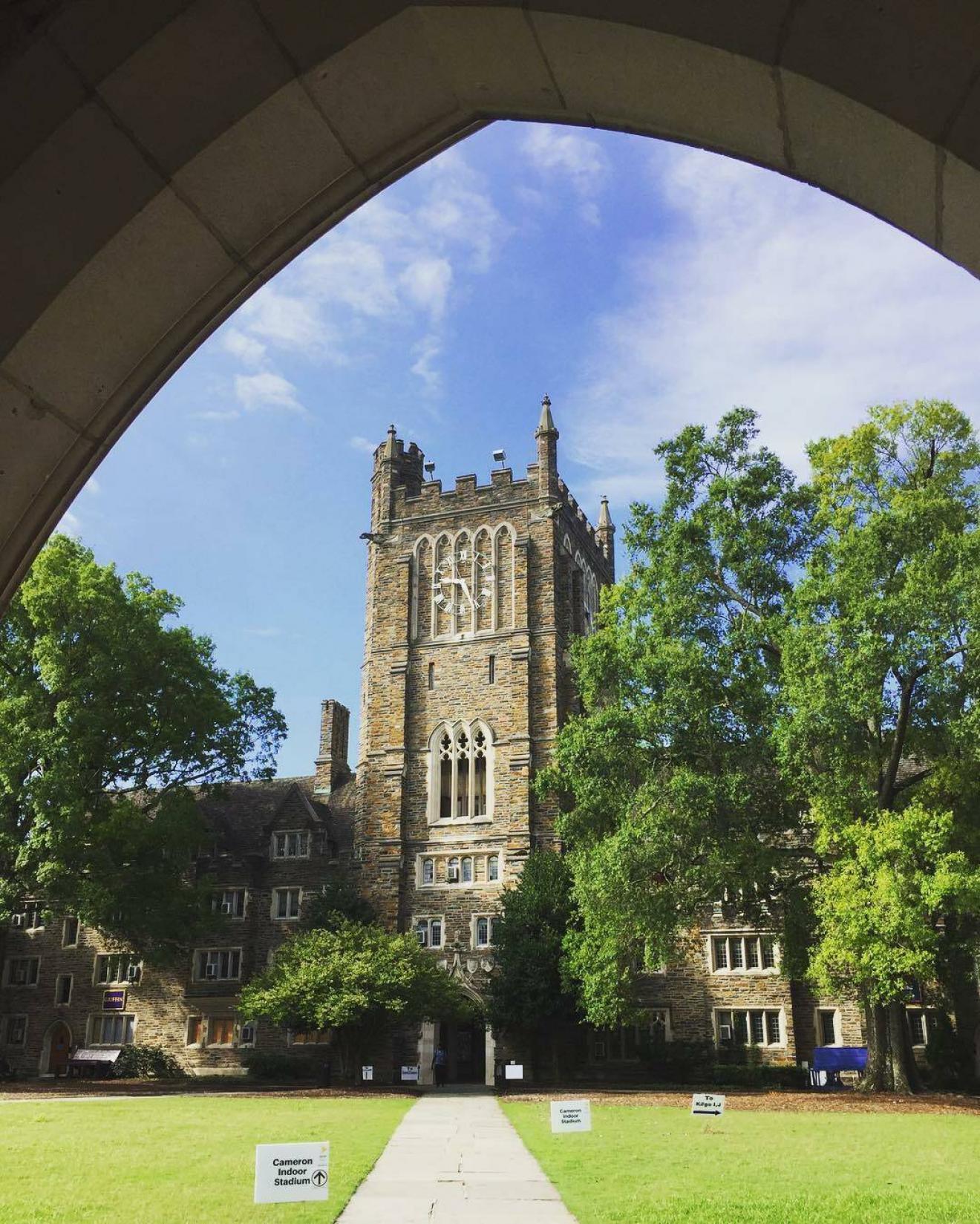Best Medicine colleges in the U.S. 2025
A degree in medicine is the highest degree one can obtain in the medical field. It’s more commonly known as a Doctor of Medicine (M.D.) or Doctor of Osteopathic Medicine (D.O.). Both are graduate degrees awarded by an accredited school of medicine (medical school). After obtaining an undergraduate degree in a variety of sciences, including pre-medicine, students typically complete four more rigorous years in medical school in order to receive their doctoral degree. After graduation, a student will spend three or more additional years in a medical internship and residency program before starting a career as a physician. While physicians often specialize in a particular type of medicine, medical degrees cover the foundational skills needed to practice medicine, including subjects such as anatomy and physiology, genetics, biochemistry and immunology.
There generally is not an undergraduate degree in medicine specifically; however, there are often pre-med degree programs that combine classes to help prepare students for the MCAT exam, which students are required to pass to get into medical school in the United States. Often, students study some form of life science (biology, chemistry, biochemistry, or kinesiology). However, students can receive a bachelor’s degree in any major prior to seeking a degree in medicine.
Click Here to See the Best Colleges in the USBest Medicine colleges in the U.S. for 2025

New York University offers 1 Medicine degree programs. It's a very large, private not-for-profit, four-year university in a large city. In 2022, 127 Medicine students graduated with students earning 127 Doctoral degrees.
Emory University offers 1 Medicine degree programs. It's a large, private not-for-profit, four-year university in a large city. In 2022, 150 Medicine students graduated with students earning 150 Doctoral degrees.
University of Rochester offers 1 Medicine degree programs. It's a large, private not-for-profit, four-year university in a midsize city. In 2022, 106 Medicine students graduated with students earning 106 Doctoral degrees.

University of California-Los Angeles offers 1 Medicine degree programs. It's a very large, public, four-year university in a large city. In 2022, 164 Medicine students graduated with students earning 164 Doctoral degrees.

University of Miami offers 1 Medicine degree programs. It's a large, private not-for-profit, four-year university in a small city. In 2022, 192 Medicine students graduated with students earning 192 Doctoral degrees.

University of Pennsylvania offers 1 Medicine degree programs. It's a very large, private not-for-profit, four-year university in a large city. In 2022, 170 Medicine students graduated with students earning 170 Doctoral degrees.

Georgetown University offers 1 Medicine degree programs. It's a very large, private not-for-profit, four-year university in a large city. In 2022, 197 Medicine students graduated with students earning 197 Doctoral degrees.

Duke University offers 1 Medicine degree programs. It's a large, private not-for-profit, four-year university in a large city. In 2022, 120 Medicine students graduated with students earning 120 Doctoral degrees.

Drexel University offers 1 Medicine degree programs. It's a very large, private not-for-profit, four-year university in a large city. In 2022, 245 Medicine students graduated with students earning 245 Doctoral degrees.

George Washington University offers 1 Medicine degree programs. It's a very large, private not-for-profit, four-year university in a large city. In 2022, 164 Medicine students graduated with students earning 164 Doctoral degrees.
Find local colleges with Medicine majors in the U.S.
List of all Medicine colleges in the U.S.
| School | Average Tuition | Student Teacher Ratio | Enrolled Students | |
|---|---|---|---|---|

|
New York University New York, NY | 20 : 1 | 59,144 | |

|
Emory University Atlanta, GA | 14 : 1 | 14,841 | |

|
University of Rochester Rochester, NY | 15 : 1 | 12,197 | |

|
University of California-Los Angeles Los Angeles, CA | 23 : 1 | 46,430 | |

|
University of Miami Coral Gables, FL | 17 : 1 | 19,402 | |









